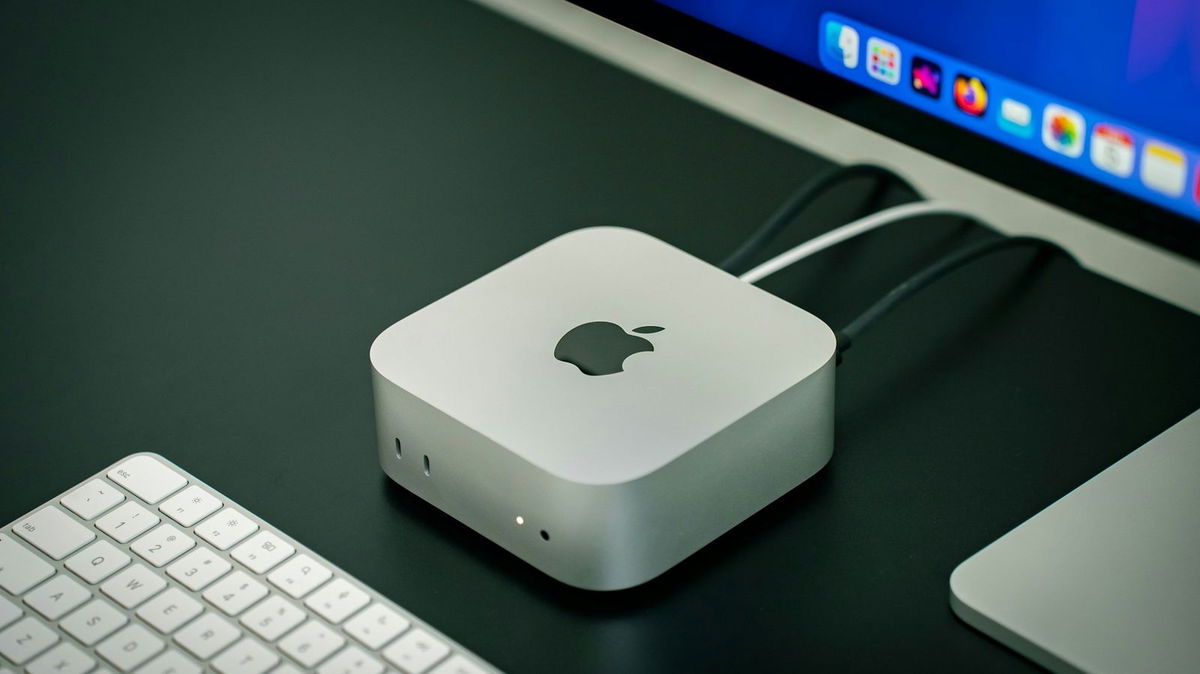Russian President Vladimir Putin signed a law that allows the confiscation of assets for crimes against the country’s security. The measure can be applied, among other things, to the spread of fakes about the Russian military.
The bill was presented to the State Duma on January 22, sponsored by 395 deputies led by the speaker of the chamber, Vyacheslav Volodin.
Changes are being made to two articles of the Criminal Code of the Russian Federation: on the spread of falsifications about the army (article 207.3) and on calls for activities directed against state security (article 280.4). The law proposes to confiscate assets from those convicted who committed these crimes for money and selfish reasons. Property can be seized if it was obtained or used to commit a crime.
From the document it appears that the measure applies to assets intended to finance activities directed against State security. More than 30 articles of the Criminal Code of the Russian Federation are included in this concept.
Putin also signed a law on the right of regions to limit the operation of “nalivkas” (alcohol retail outlets) in apartment buildings. In particular, regions may establish restrictions on the hours of retail sales in catering establishments (except restaurants) located in apartment buildings or in adjacent areas.
Previously, the constituent entities of the Russian Federation were allowed to establish a ban on the sale of strong alcoholic beverages in “nalivaikas”.
Author:
Anastasia Marina
Source: RB
I am a professional journalist and content creator with extensive experience writing for news websites. I currently work as an author at Gadget Onus, where I specialize in covering hot news topics. My written pieces have been published on some of the biggest media outlets around the world, including The Guardian and BBC News.










